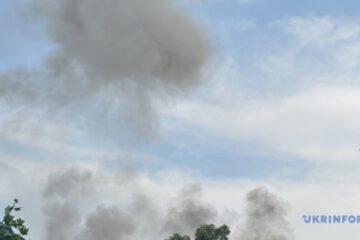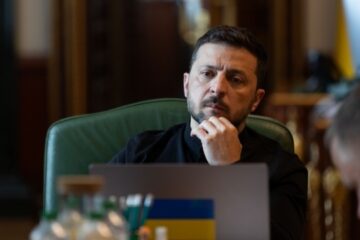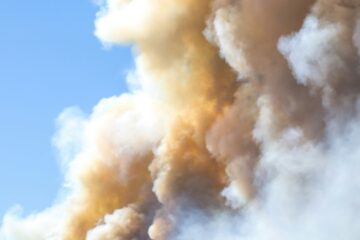As Ukrainian soldiers continue to defend their homeland, retired Vice-Admiral Mark Norman – once Canada’s second-highest-ranking military officer – speaks with Ukrinform about the limits of Canadian military support, the risks of complacency in the West, and the future shape of peace.
CANADA’S SUPPORT FOR UKRAINE: RIGHT INTENTIONS, LIMITED CAPABILITY
– How would you characterize Canada’s role in supporting Ukraine’s defence against Russian aggression?
– Canada is doing the right things, in close partnership with our allies. It’s a combination of equipment donations, financial support, ongoing training, and strong political will. I was pleased to see Canada speak out when the U.S. began sending mixed signals earlier this year. Canada, along with several European partners, stepped forward and reaffirmed their support. That was important – not just for Ukraine, but for the entire Western alliance.
– From your experience in senior military leadership, is Canada doing enough to support Ukraine militarily?
– Could we be doing more? Yes – absolutely. The hard truth is that our military has been allowed to decay to the point where we’ve got very little left in our own inventory to give. We’re now relying on buying equipment from others – the U.S., European suppliers – and paying to have it sent to Ukraine. That’s not ideal. It reflects a failure to maintain a capable, resilient military here at home.
– Given that, what types of support should Canada prioritize for Ukraine now?
– Advanced technologies, particularly drones and cyber capabilities. Also, munitions production. Canada has talked for years about ramping up ammunition manufacturing, but very little has actually happened. We need to fix that. Training is another area where we could be doing more, but again, we’re stretched thin. With our commitments in Latvia, we simply don’t have enough “bench strength,” if I can use a hockey term.
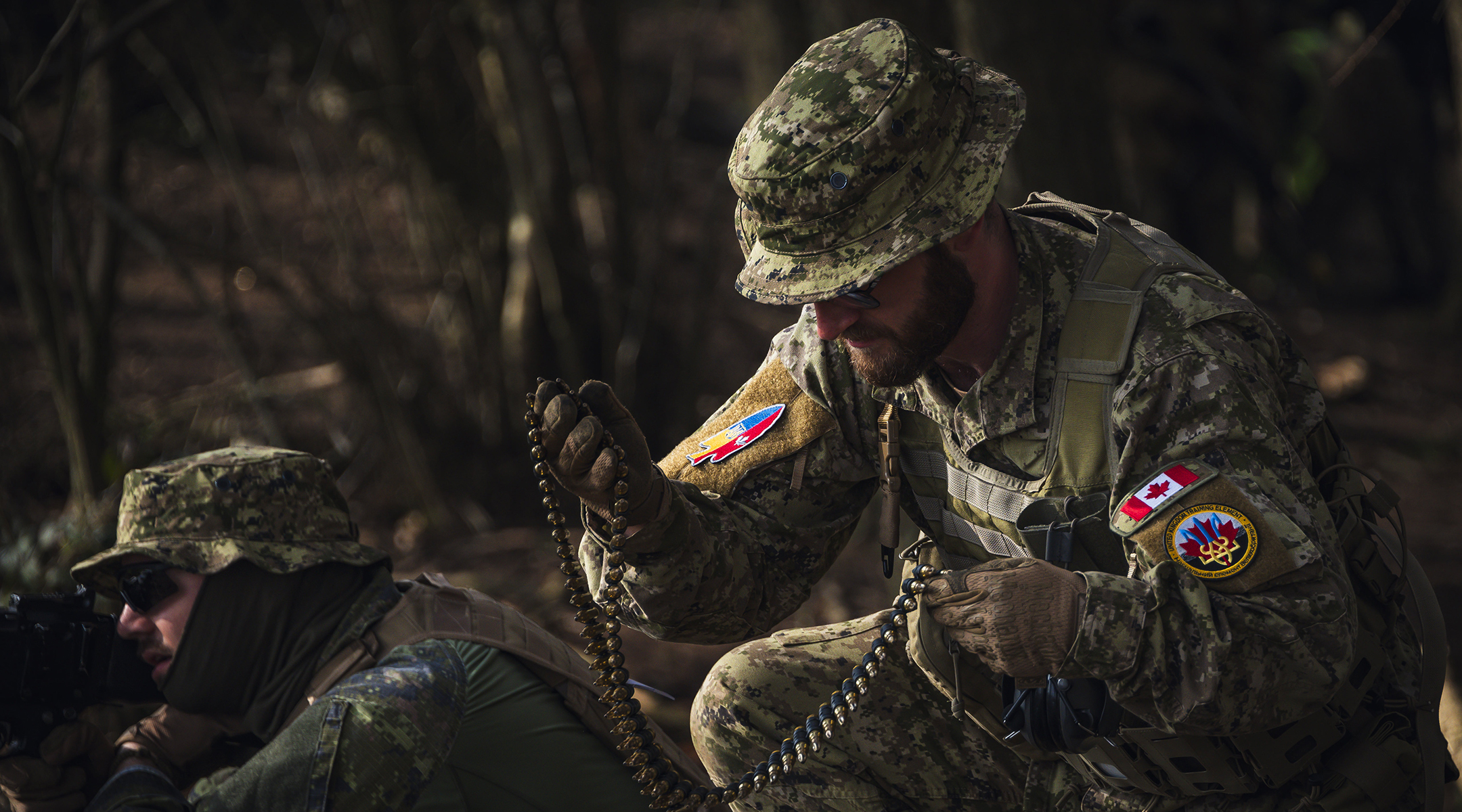
THE PEACEKEEPING QUESTION
– With NATO strengthening its eastern flank, do you believe Canada’s military is ready to meet these global commitments?
– No, not at all. We’re facing both a quantitative and qualitative shortfall. We don’t have enough forces, and those we do have aren’t fully equipped for modern conflict. Our army is running full out just to maintain our presence in Latvia. There’s nothing left in reserve. Everything is already in the “shop window.”
– You’ve been vocal about Canada’s defence readiness. What are the biggest roadblocks?
– Three things. First, political will or rather, the historical lack of it. Successive governments have underinvested in the military, often citing public opinion as an excuse. That’s starting to change. Second, the bureaucracy. Our procurement and industrial capacity just isn’t moving fast enough. And third, our overdependence on the United States. That used to be an advantage, but now it’s a vulnerability. We’re trying to diversify and build up our own capacity, but that takes time.
CANADA’S INFLUENCE IN NATO
– What role does Canada play in shaping NATO’s approach to Ukraine and deterring Russia?
– Canada has always been an active NATO member. We’re not European geographically, but we share many of the same values and interests. That gives us a unique perspective and influence, especially as one of only two non-European members. We contribute leadership, troops, and political consistency. We’re not doing this for credit. Behind the scenes, the machinery of government and the military is working diligently to support Ukraine, not for show, but because it’s the right thing to do.
Could Canadian forces play a more direct role in Ukraine – peacekeeping, for example?
Potentially, yes. But it would require a ceasefire or some kind of political arrangement. Think of the Balkans in the 1990s – a stability force of sorts. Canada could contribute leadership or command elements in a multinational framework. But again, the capacity challenge remains. There has to be peace to keep, and we’re not there yet. If we get there, Canada could and should participate.
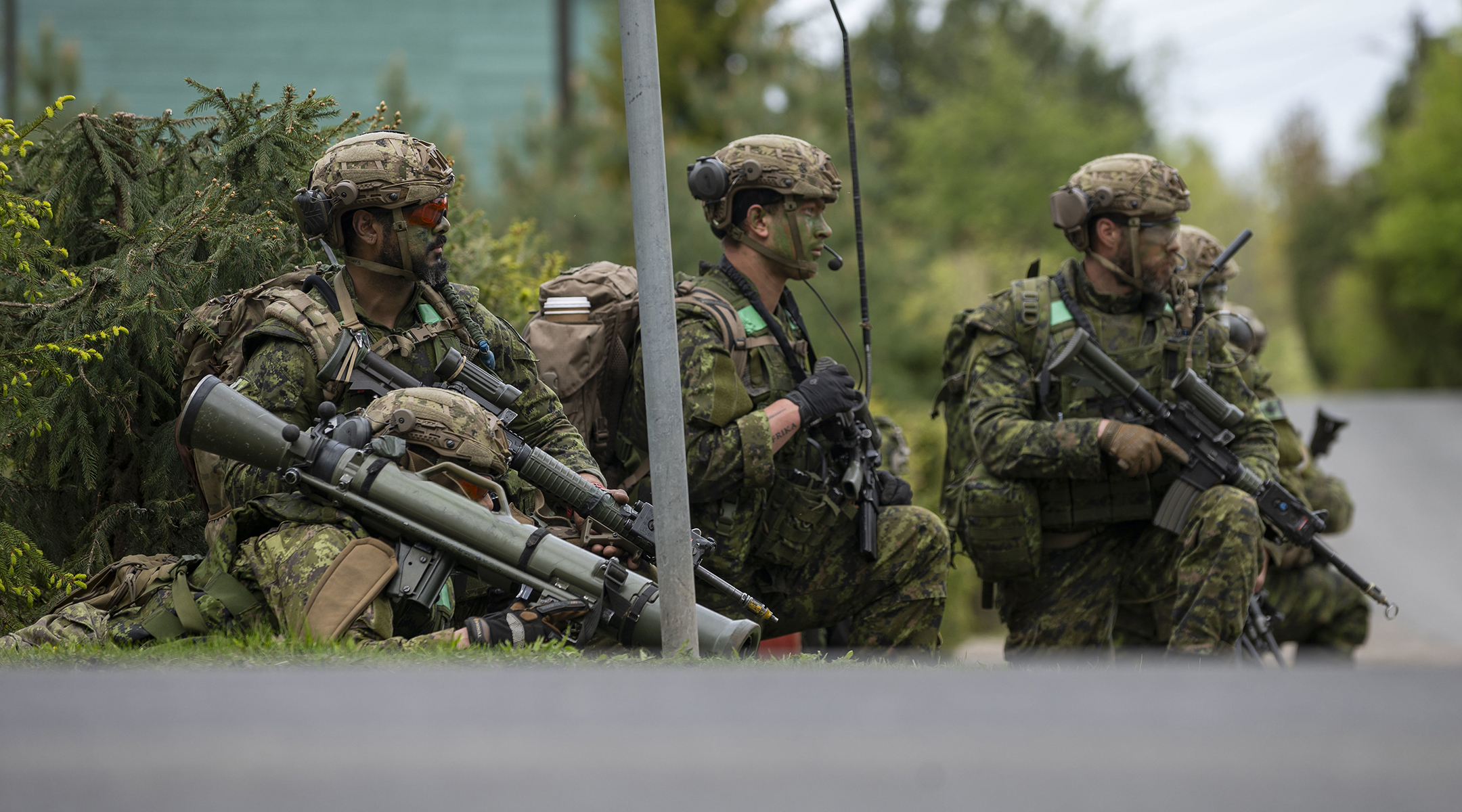
ARCTIC PRESSURE: RUSSIA, CHINA, AND CANADA’S SOVEREIGNTY
– Russia is expanding its military presence in the Arctic. China is showing interest too. How serious is the threat to Canadian sovereignty in the High North?
– It’s real, but not in the way most people imagine. It’s not just about tanks in the snow. It’s about influence, coercion, and control over territory and sea lanes. Both Russia and China are actively seeking to assert control over parts of the Arctic, including areas that contain international waters. Just like in the South China Sea, they are making illegal territorial claims. Ukrainians, more than anyone, understand that Russia doesn’t follow the rules – it makes its own. And China behaves in much the same way. Canada and our Arctic allies must take this seriously. Arctic sovereignty can’t just be a talking point, it must become a central pillar of our security strategy.
– Looking at the war in Ukraine today, what endgame scenarios do you see as most likely?
– There are three general scenarios. One: Ukraine pushes Russia back entirely – unlikely. Two: Russia takes full or partial control – also unlikely. The third, and sadly, the most realistic, is a stalemate or negotiated settlement, with some kind of territorial or material compromise. It’s hard to say what that might look like. What’s clear is that it can’t be dictated by outsiders. Ukraine didn’t start this war. And it would be wrong for the West to push Ukraine into accepting a bad deal just to make the problem go away.
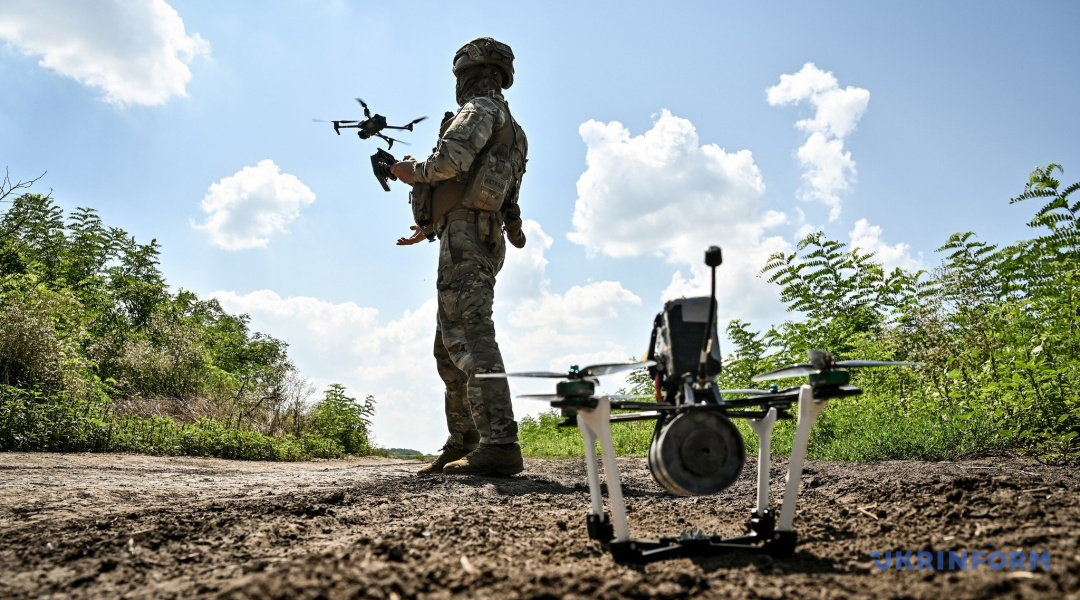
– What impresses you most about Ukraine’s military effort, and are there lessons for the West?
– The dedication of Ukrainian soldiers is inspiring. But beyond that, I’m amazed by the pace of innovation, the way Ukraine integrates new technologies and tactics quickly, directly into the battlefield. It’s shown us that large, conventional militaries are vulnerable to agile, asymmetric ones. This war is reshaping our understanding of state-on-state warfare. But we also have to be careful not to draw the wrong lessons. For example, some say tanks are obsolete because of drones – that’s nonsense. Ukraine is using both effectively. The real lesson is the balance between traditional and modern capabilities.
– Let us finish on a topic you specialize in: Canada-U.S. relations. How has the shift in U.S. politics affected Canada’s approach to Ukraine?
– Earlier on, part of Canada’s support for Ukraine was about showing alignment with Washington. That’s changed. Frankly, Washington is displeased with Canada on a daily basis – that’s not news. So now, we’re doing what’s right, not just what looks good in D.C. We’re supporting Ukraine because it matters – to Canada, to Europe, to global stability. If the U.S. likes it, great. If not – we’re doing it anyway. That’s a real shift in Canadian thinking.
Maksym Nalyvaiko, Ottawa
Photos: Canadian Armed Forces Imagery Technician, Canadian Armed Forces, Dmytro Smolienko / Ukrinform
Source: Mark Norman, Former Vice Chief of the Defense Staff of the Canadian Armed Forces


